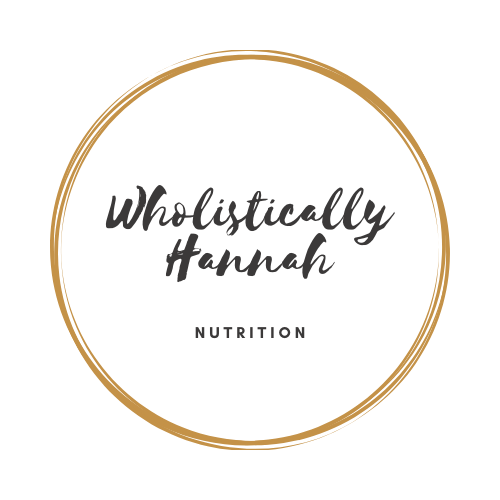Eating For Calm in Stressful Times
/Food is powerful.
The way we choose to eat has a profound impact on our mental well-being during times of stress. Certain foods can trigger unpleasant emotions, promote mood swings, heighten anxiety, and increase levels of stress. But when we choose grounding foods that nourish our body and brain, the opposite affect takes place. Specific nutrients and eating practices help calm our nervous system, encourage balanced hormones, and keep anxiousness at bay.
3 ways to support our body with food during stressful times:
Balance blood sugar levels
Balancing insulin levels is essential to prevent a crash in our blood sugar and mood. When we skip meals, overindulge in processed sugars, or eat carb-rich foods that lack healthy fats and proteins, our blood sugar spikes and then dips. This reaction is stressful for the body, and automatically triggers our brain to feel anxious
Add nourishing fats + proteins to each meal
Have breakfast shortly after waking
Eat every 3 hours
Add 1 tsp cinnamon to support insulin balance
Eliminate anxiety-promoting stimulants
Stimulants like caffeine and refined sugars stimulate our brain to enter a ‘hyperactive state’. This might look ike racing thoughts, increased heart rate, shakiness, and feeling “wired” and “panicky”.
Certain forms of caffeine - coffee, pop, black tea
Processed + added sugars - white and brown sugar, candy, processed sweets
Refined carbohydrates that lack fibre - white flour, white bread, pastries, fried foods, packaged “junk foods”
Alcohol
Incorporate soothing nutrients that help our brain feel calm
Certain nutrients have a calming affect on our brain, and work to naturally relieve tension and promote feelings of “well-being”. My favourite nutrients to focus on incorporating that help calm our mind and encourage relaxation: magnesium, b-vitamins, l-theanine, and adaptogenic herbs.
Magnesium rich foods - dark chocolate, almonds, seeds, cooked leafy greens
B-vitamin rich foods - grass fed meat, wild fish, sea veggies, sunflower seeds, nutritional yeast
L-Theanine rich foods - matcha + green tea
Herbs + Adaptogens - tulsi, skullcap, passionflower, ashwagandha, maca, and medicinal mushrooms like reishi



